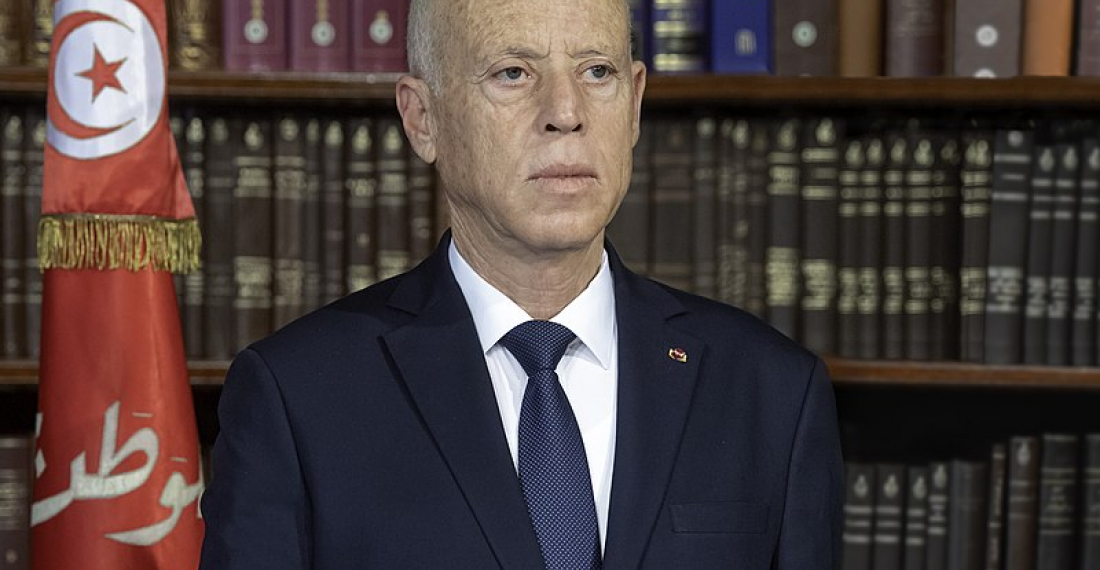The state of emergency in Tunisia, which was to supposed last 30 days from 25 July, has been extended “until further notice”. President Kaïs Saïed announced this on Monday night (23-24 August), in a statement issued by the Presidency of the Republic. The text specifies that the “exceptional measures” taken on July 25 – the president then invoked an “imminent danger” under article 80 of the Constitution – are “extended [...] until further notice”.
As of yet, there is still no news from the president on a strategy to free the country from its current crisis, nor regarding the appointment of a new prime minister; Saïed had, however, announced three days earlier that the composition of the new government would be announced in the days to come. The presidential statement just specifies that the head of state “will make a statement to the Tunisian people in the coming days”. Two days have passed and still no news from the presidency.
The exceptional measures taken on 25 July included the freezing of the parliament’s activities for 30 days, which implied the lifting of the immunity of deputies. Several of them have since been prosecuted for corruption. Saïed also dismissed the prime minister, Hichem Mechichi, from his functions and took all executive powers. The wave of popular sympathy enjoyed by the Tunisian president risks, if the crisis continues, to turn against him.






